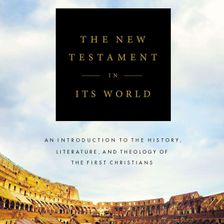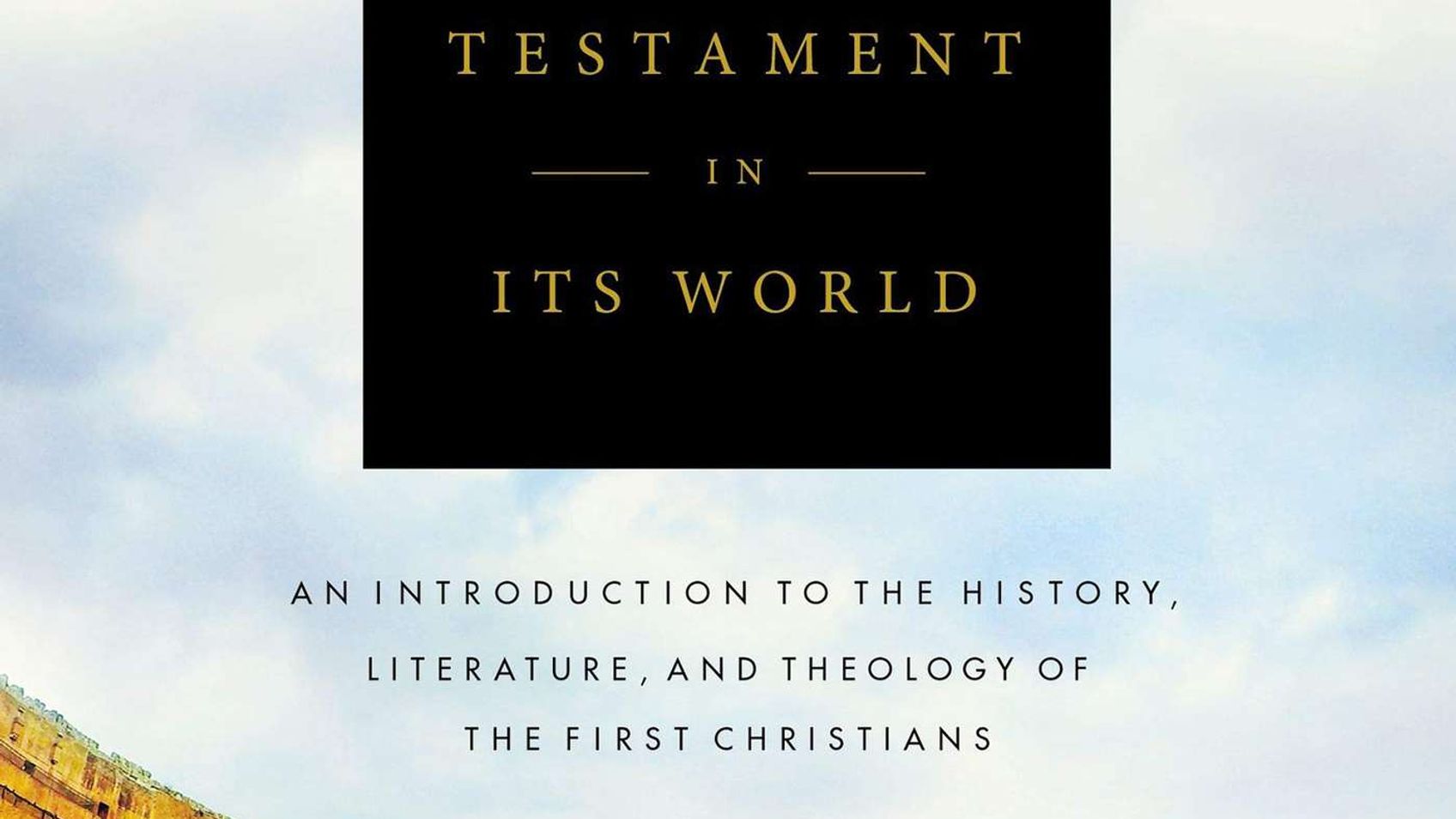Why all this history?

Welcome to the first in a six part series delving into the benchmark book The New Testament In Its World.
Co-author Michael Bird takes us through the text he wrote with N.T. Wright, this episode examining the importance of an historical approach to the New Testament.
On the chopping block are important questions like,
* How does Christianity differ from most other religions when it comes to history?
* Is there a difference between Christian history and 'real' history?
* In a post-modern world, it is even possible to understand what the authors were trying to say?
You can buy a copy of The New Testament In Its World here.
If you're following along with The New Testament In Its World, this episode covers key issues in Part I: Reading The New Testament:
1. Beginning Study of the New Testament
2. The New Testament as History
3. The New Testament as Literature
More From Delving Into The New Testament In Its World



More on OpenTheo















